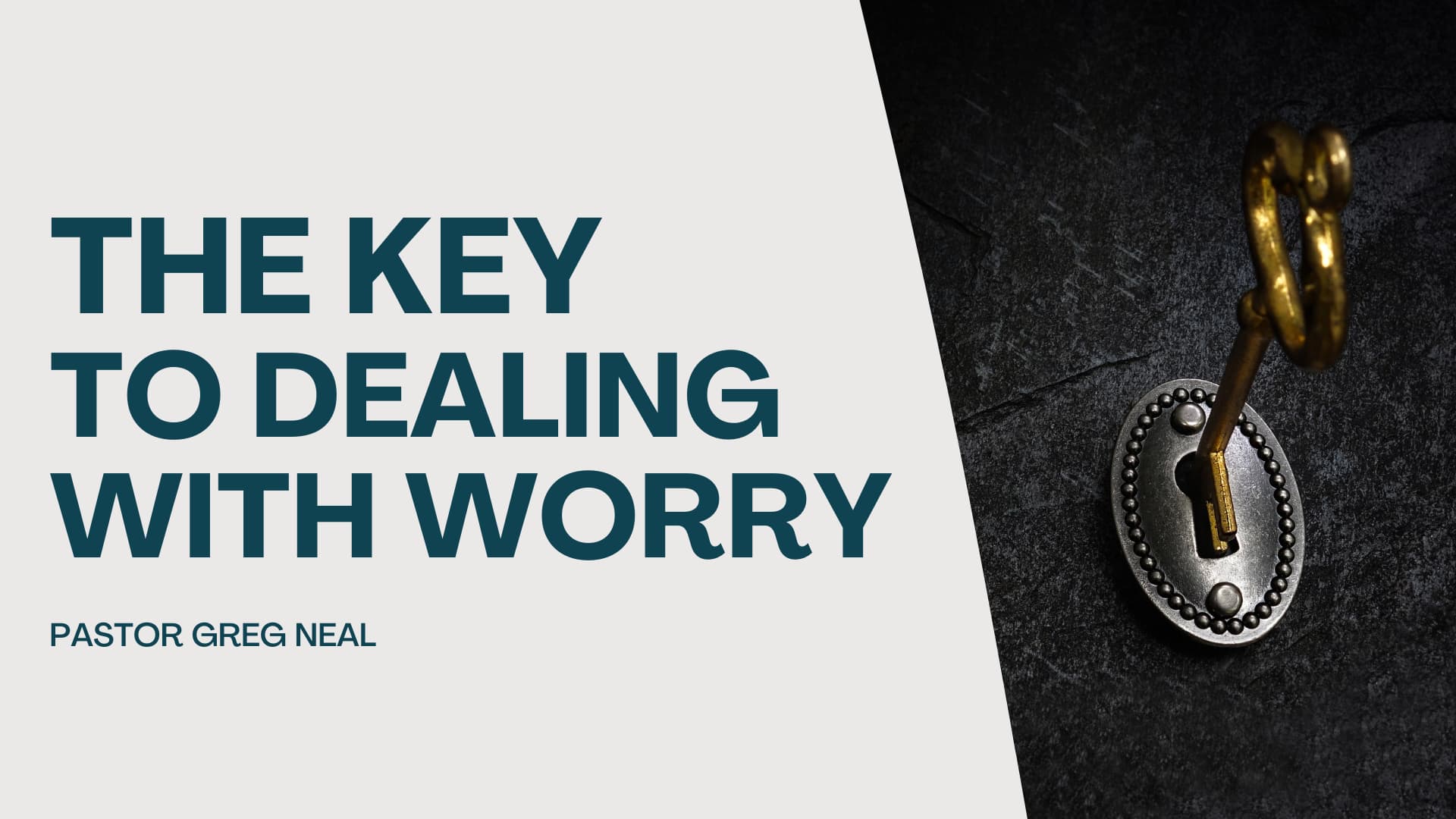So I took the chief of your tribes, wise men, and known, and made them heads over you, captains over thousands, and captains over hundreds, and captains over fifties, and captains over tens, and officers among your tribes. And I charged your judges at that time, saying, Hear the causes between your brethren, and judge righteously between every man and his brother, and the stranger that is with him. Ye shall not respect persons in judgment; but ye shall hear the small as well as the great; ye shall not be afraid of the face of man; for the judgment is God’s: and the cause that is too hard for you, bring it unto me, and I will hear it. Deuteronomy 1:15-17
We are living in a day in which justice has been distorted greatly. We have become a nation of accusers and self-appointed judges. Social media has caused us to forget how to be just toward others. Many aspects can be seen in injustice:
- Listening to accusations and receiving them as truth
- Assuming one to be guilty rather than innocent until proven guilty
- Taking it upon ourselves to pass judgment upon someone over whom we have no jurisdiction
- When we have jurisdiction, taking hearsay as fact rather than hearing the entire matter carefully
- Believing that someone is guilty merely because someone else has judged him to be so even when he does not have jurisdiction
In our text, Moses was teaching the people how the judges that he was appointing should judge the people. If we would follow the principles Moses described here, justice would be served much more often and injustice would be scarcer.
We are going to discuss what Moses told the people regarding judgment and how it was to be handled.
…Hear the causes between your brethren,…
There will be disagreement whenever there are people. The first instruction Moses gave to his judges was to hear both sides of the case. He instructed them to hear the causes or the case between the brethren. That means both sides were to be heard. It is dangerous to listen to accusations because we seldom hear the other side. The person who is responsible for that particular area must take it upon himself to hear both sides, but we must avoid listening to only one side. Passing judgment before hearing both sides is an injustice, and God is not pleased.
…judge righteously between every man and his brother, and the stranger that is with him.
We are told that our judgment is to be righteous judgment. We cannot judge righteously if we do not care what the Bible says about judging. Everyone deserves the opportunity for justice to be done properly. Everyone deserves to be judged righteously. Moses was making it clear that he expected his judges to be righteous, not prejudicial in their judgment. Social media causes us to judge by prejudicing us against someone else. Many of our judgments are thus not just or righteous. Injustice is the byproduct of unrighteousness, which is one reason righteousness exalts a nation. A just nation is exalted in its stature before God and other nations.
Ye shall not respect persons in judgment;…
Moses made an important point here. A good judge must never be prejudiced. That is what not respect persons in judgment means. We are to treat everyone equally. We are not to give favor because of a person’s position, nor are we to be prejudiced against someone because of how we feel about him personally. We are to treat everyone fairly.
…ye shall hear the small as well as the great;…
Many people mistreat those who seem to be of lesser importance. Moses told his judges that everyone was to be treated the same. Regardless of how insignificant one seemed to be, he was to be given the same justice as those who seemed to be of more importance. Justice is fair regardless of one’s standing in society.
…ye shall not be afraid of the face of man; for the judgment is God’s:…
We need to understand this principle. We often make judgments based upon what others are going to think about us. We are influenced by others to make a judgment rather than judging righteously. Moses told the people that they should never be afraid of the face of man or of what someone would think of them. Someone may turn his face away from them because he did not like the way they judged. He told the people not to allow that to influence their judgment and to be concerned only with what God thinks. In the end, our judgments must please God.
…the cause that is too hard for you, bring it unto me, and I will hear it.
The final instruction Moses gave was not to judge if they felt the matter was beyond their ability to judge properly. Sometimes, a judge must seek someone with more experience and wisdom than he has. Moses told them to bring those matters to him, and he would hear them. If a matter we are unsure how to handle comes to us, we must seek wisdom and guidance from someone with more experience and wisdom. Rather than judging unrighteously, we should seek advice from one who can judge with more experience.
In our society and our social media world, justice has been pushed aside. We are to judge how God has said to judge. We should only judge that which is in our jurisdiction to judge. To give an opinion on a situation in another local church, either in a public area or in private conversation, is an injustice. Injustice displeases God.
Pastor Neal, through his preaching and his counseling, displays the compassionate heart of a pastor, follows the true leading of the Holy Spirit, and expresses a fervent desire to see lost souls come to know Christ. It is his ultimate desire to see the greater Jacksonville area reached for the cause of Christ and for revival to come to Northeast Florida.





